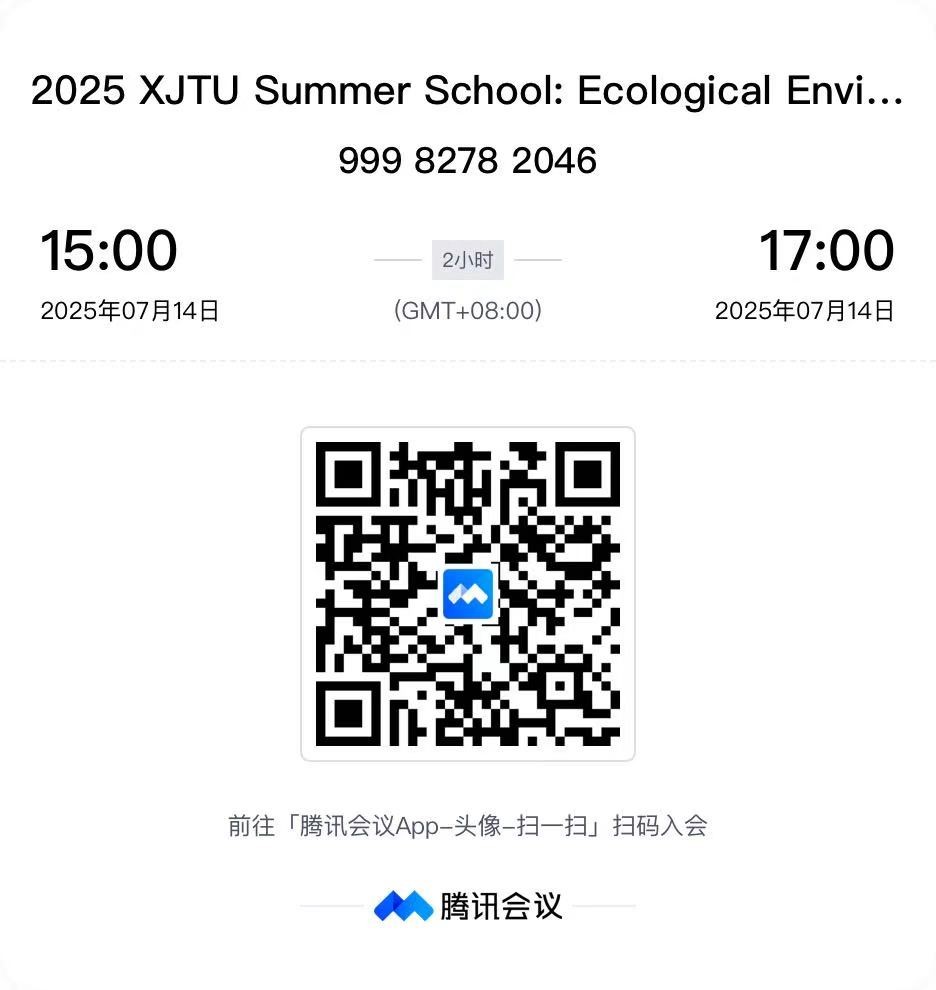
西交•通全球暑期学校(International Summer School of Xi’an Jiaotong University)
生态环境与碳中和技术
Ecological Environment and Carbon Neutrality Technology
[Introduction]
Under the guidance of China’s and the global dual-carbon strategy, the transformation of energy and environmental systems through low-carbon technologies has become a cornerstone for achieving carbon neutrality and ecological protection. To support this vision, experts from leading international universities such as the University of Manchester, University of Liverpool, University of Southampton, Queen’s University Belfast, Swansea University, and the University of the Basque Country have been invited to deliver a series of academic lectures combining both online and offline formats. The course explores a diverse range of emerging themes, including the integration of intelligent simulation tools for optimizing chemical processes, innovative catalyst systems for converting renewable and waste resources into clean fuels, advanced recycling approaches for organic solid waste, and the development of multifunctional materials for efficient carbon capture and reuse. In addition, novel electrification and plasma-assisted methods are introduced to enable low-emission production of energy carriers and chemical products. These technologies collectively represent the global momentum toward carbon neutrality, circular economy models and sustainable industrial systems. This course is free to attend for both domestic and international students in the disciplines of environmental science, energy technology, and chemical engineering. It aims to provide participants with a comprehensive understanding of low-carbon technological frameworks and expose them to the latest international research frontiers. Through this program, students will enhance their academic vision, research thinking, and innovative capabilities in tackling ecological and climate challenges.
[International Teaching Group]
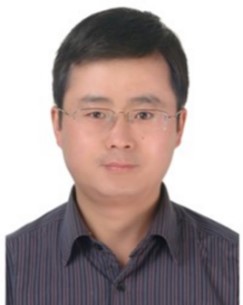
Prof. Ningbo Gao, Xi’an Jiaotong University
Dr. Ningbo Gao is a professor in the School of Energy and Power Engineering at Xi’an Jiaotong University, China. He received his PhD degree at Dalian University of Technology in 2009. He worked as a visiting scholar at the University of Hull, UK, from 2016 to 2017. He has published more than 150 academic papers in the area of solid waste thermal conversion with more than 4400 citations and H-index of 41. He holds more than 45 patents. His current research areas are sewage sludge pyrolysis and gasification, oily sludge treatment and resource utilisation, agricultural/industrial biomass thermochemical conversion and biomass/coal tar catalytic hydrogen production etc.
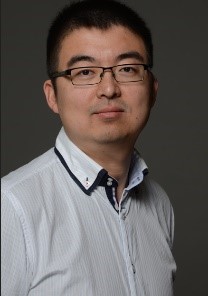
Dr. Xi Yu, University of Southampton, UK
Dr. Xi Yu is a Lecturer in Chemical Engineering at the University of Southampton and a Principal Investigator in the Digital and Data-Driven Methods group. He earned his Bachelor’s degree in Chemical Engineering from Tianjin University and his Ph.D. from the University of Sheffield. His expertise spans low-carbon fuels, granulation and tableting, computational fluid dynamics, and chemical looping. With over 30 journal publications, he has played a leading role in projects funded by the Royal Society, AstraZeneca, Leverhulme Trust, EPSRC and EU Horizon 2020. He has also supervised four Ph.D. students and ten MSc students.

Dr. Laura Santamaria, University of the Basque Country, Spain
Dr. Laura Santamaria received her B.Sc. degree from the University of Valladolid (UVA) in 2011. Afterwards, she got a Ph.D. in 2019 in Chemical Engineering (UPV/EHU). In 2018 she worked as a visiting scholar in the Department of “Decentralised Energy Conversion (DEU)”, of the Institute of Combustion and Power Plant Technology at University of Stuttgart (Germany). Her research activity is focused on the development of heterogeneous catalysts and the production of valuable fuels and products from wastes (plastics, biomass, sewage sludge etc.) by thermochemical conversion strategies such as pyrolysis, gasification and pyrolysis-reforming. She has published over 30 refereed research journal articles.
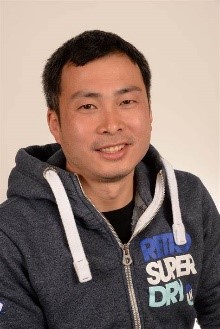
Prof. Jiawei Wang, Swansea University, UK
Professor Jiawei Wang is Professor and Vice Dean of the Joint Education Institute with Nanjing Tech University within the Faculty of Science and Engineering at Swansea University. Dr. Wang had his bachelor’s and master’s degree in chemical engineering from Tsinghua University and his PhD degree in Chemistry from the University of Nottingham. He is an internationally recognised expert in chemical engineering. His research focuses on developing sustainable technologies for waste valorisation and clean energy production, with a particular emphasis on the thermochemical conversion (catalytic pyrolysis, hydrothermal gasification) and chemical recycling of challenging waste streams, especially unrecyclable/marine plastics and biomass. Prof. Wang is a prolific researcher (h-index 34) and has secured significant funding (over £2.7M as PI/Coordinator) from prestigious bodies including the EU Horizon programme, Royal Society, and Innovate UK, leading major international projects tackling plastic pollution, marine litter-to-fuel pathways, and sustainable infrastructure. His work bridges catalysis, reaction engineering, and data science to provide innovative solutions for a circular economy and energy transition.
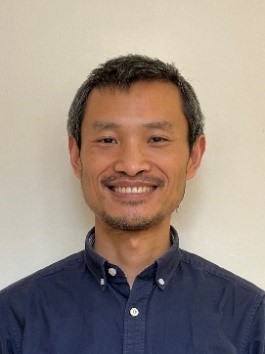
Dr. Chunfei Wu, Queen’s University Belfast, UK
Professor Chunfei Wu is a Professor in Low Carbon Technologies at the School of Chemistry and Chemical Engineering at Queen’s University Belfast (UK). His research interests include CO2 capture, CO2 utilisation, biomass gasification and thermal chemical conversion of waste plastics, specifically focusing on integrated CO2 capture and utilisation (ICCU). He is the PI and Co-I of a few UK and EU projects, including about six EU staff exchange projects in relation to biomass gasification and carbon capture and utilisation, biofuel production and waste plastic recycling. He is the Co-I (PI at QUB) in EPSRC and BBSRC Centre for Doctoral Training in Negative Emission Technologies for Net Zero (NET2ZERO) (£8.2M). He has published ~250 peer-reviewed journal papers with >16000 citations (H index of 72, Google Scholar) in the areas of catalytic thermo-chemical conversion of wastes. He is a Managing Editor of Biomass and Bioenergy and the founding Editor-in-Chief of Carbon Capture Science & Technology (IF-10.4), a Gold Open Access journal published by Elsevier. Professor Wu also developed the International Association for Carbon Capture (www.iaccr.org), a registered charity in Northern Ireland, which organises conferences and training workshops, and provides awards and free memberships for the promotion of carbon capture development.
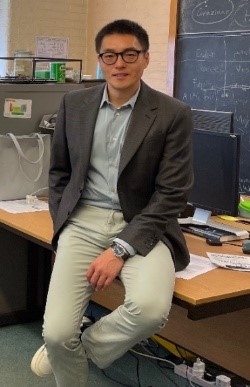
Prof. Xiaolei Fan, University of Manchester, UK
Xiaolei Fan at The University of Manchester (UK) is a distinguished leader in the field of nonthermal plasma catalysis. Since 2019, he has emerged as a highly active and influential researcher, making significant contributions to the advancement of the field. His work, documented in over 30 peer-reviewed articles, has been instrumental in shaping the rational design of heterogeneous catalysts for plasma catalysis and revealing the fundamental phenomena in the hybrid systems. From an applied perspective, he has also designed and developed the first modular plasma catalytic reaction system. This system is scalable through a patented multichannel reactor unit and is compatible with solar renewable energy, demonstrating significant potential for translating plasma catalysis technology into practical, real-world applications.
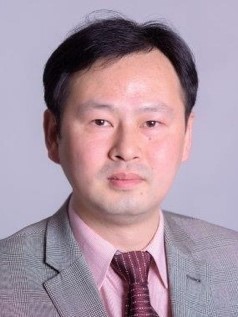
Prof. Xin Tu, University of Liverpool, UK
Xin Tu received PhD in Physics at CORIA CNRS UMR 6614 (Université de Rouen), France and PhD in Thermal Engineering at Zhejiang University, China in 2007. He was a Postdoctoral Researcher at Katholieke Universiteit Leuven (Belgium) and the University of Manchester (UK). In 2012, he was appointed as a Lecturer with the Department of Electrical Engineering and Electronics at the University of Liverpool where he is now a Professor and Chair of Plasma Catalysis. His research primarily focuses on plasma chemistry and plasma catalysis for environmental remediation and the sustainable production of fuels and chemicals. He has published 10 book chapters and over 250 peer-reviewed papers (Google citation >17000; H-index 78) in leading international journals, including Nat. Rev. Mater., Chem, Nat. Commun., J. Am. Chem. Soc., and Angew. Chem. He has delivered over 110 invited talks at major national and international conferences and has chaired and co-chaired seven international conferences and workshops. Prof. Tu has received several prestigious awards, including the William Crookes Prize, co-sponsored by the European Physical Society and Institute of Physics in 2024, the Baldur Eliasson Award from the ISPCEM in 2014, and the Club Liverpool Recognition Award from Liverpool City Council in 2023. He served as the lead editor of the book “Plasma Catalysis: Fundamentals and Applications” (Springer Nature, 2019) and co-led the 2020 Plasma Catalysis Roadmap (J. Phys. D: Appl. Phys. 2020, 53, 443001).
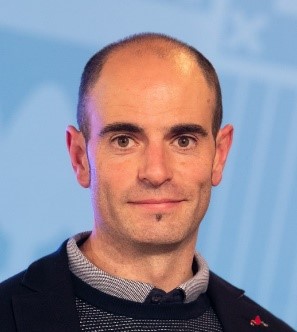
Dr. Gartzen López, University of the Basque Country, Spain
Gartzen Lopez obtained his PhD in 2008 at the University of the Basque Country. He was Ikerbasque Research Fellow grant in 2019. Currently, he holds a Research Associate Professor position. His research lines are as follows: i) Design and hydrodynamics of spouted beds. Modifications aimed at scale up. ii) Thermal and catalytic pyrolysis of biomass, plastics and tires. iii) Production of hydrogen and syngas from biomass and waste, by means of gasification and pyrolysis-reforming of biomass and plastics. He has published more than 165 papers in JCR journals and more than 200 communications to congresses. He has reached an h index of 71 and 13.400 citations (Scopus). He has collaborated in more than 30 research projects, 7 of them as principal investigator (1.950.000 euros of total funding as PI). He has supervised several theses, in addition He is currently supervising 5 PhD students. He is also guest editor of different JCR indexed journals such as Journal of Analytical and Applied Pyrolysis, Green Energy and Resources, Particuology, Waste Disposal & Sustainable Energy, Catalysts, Processes or Energies.
[Curriculum system]
This course offers an interdisciplinary exploration of low-carbon technologies, focusing on waste-to-energy strategies, intelligent digital process design, advanced catalysis, and plasma-based innovations. Emphasis is placed on sustainable fuel and hydrogen production, CO₂ capture and utilization, and high-value recycling of solid waste. Students will gain insights into modern energy transition pathways aligned with global carbon neutrality goals.
Course format: synchronous online and offline teaching (Tencent Meeting, Teams)
Course arrangement
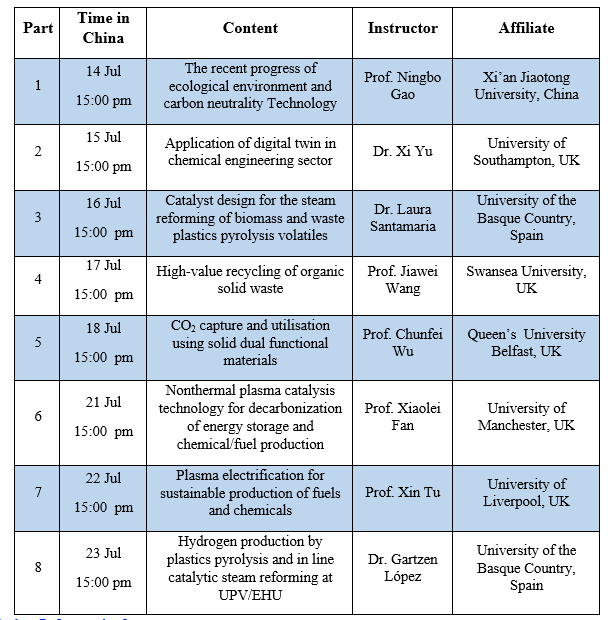
[Admission Information]
Enrollment target: Undergraduate students in their sophomore and junior years, as well as graduate students with unlimited grades, are recruited globally.
Enrollment: Students from XJTU participate in offline courses in Room 4109 of 19 Building in ihourbor, while students from other schools participate in online courses.
Student treatment: Xi’an Jiaotong University provides a study certificate (completion certificate) for this summer course.
[Application]
Students who are interested in applying to attend this Summer school can fill in the application form online, please click the link or scan the QR code link below

https://www.wjx.cn/vm/Yb6fNtk.aspx#
After application, please scan the code to join the WeChat group or Tencent group (group number: 927604806) of Summer school:
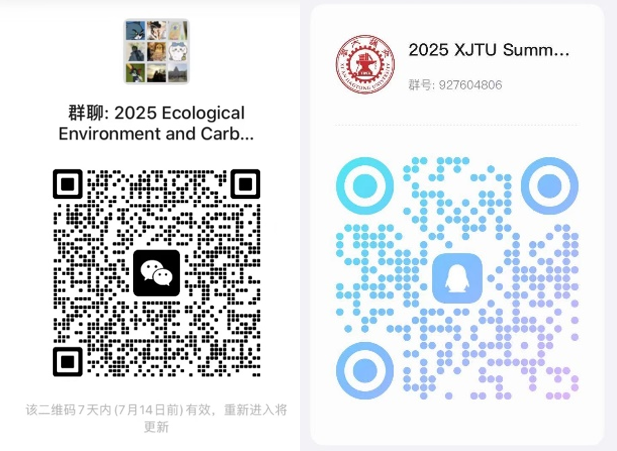
Course Tencent meeting link: https://meeting.tencent.com/dm/ljAk8WskKTA0
Course Tencent meeting number: 99982782046
